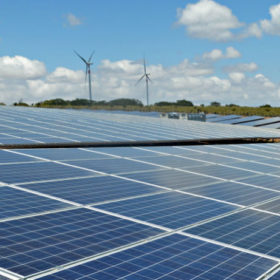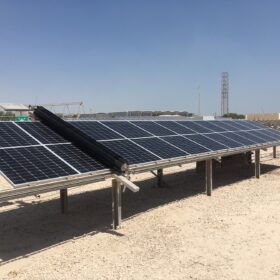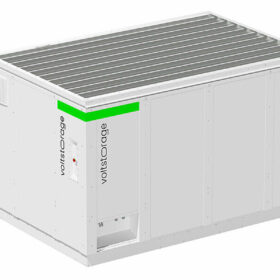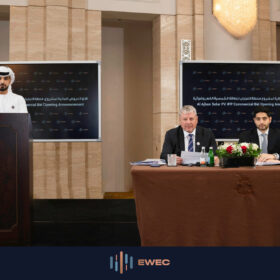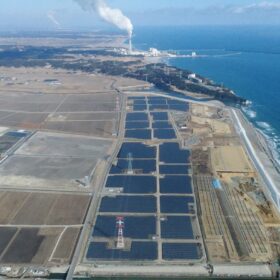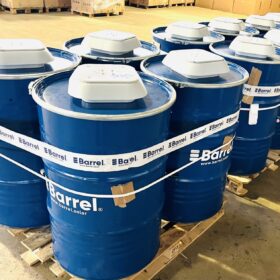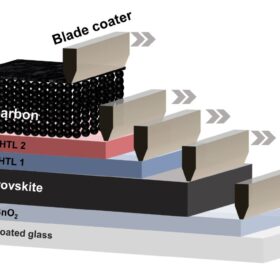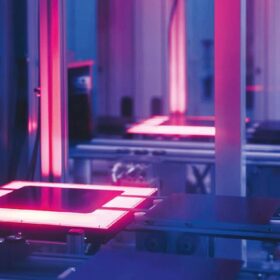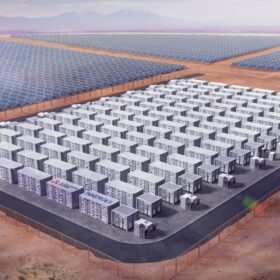India will add 45 GW of renewable energy capacity over next two fiscals, says CareEdge Ratings
India will install around 20-25 GW of new renewable energy capacity annually over the next two fiscals, driven by a healthy project pipeline and a strong bidding roadmap. The decline in solar module prices and one-year relaxation for the approved list of module manufacturers (ALMM) bode well for the capacity addition.
Assessing shading effect of cleaning robots in solar farms
Qatari researchers have looked at the degree to which cleaning robots reduce PV plants’ yield with the shade they produce on the panels. They found that module orientation has an enormous effect on the impact of shadow.
VoltStorage unveils vanadium redox flow battery for commercial use
Germany’s VoltStorage says its containerized 50 kWh vanadium redox flow battery solution can be scaled up to 500 kWh.
US Customs solar exclusions might be ‘de facto ban on Chinese polysilicon’
Longi solar modules made of Tongwei polysilicon have been excluded from entry to the U.S.
UAE utility announces selected bidders for 1.5 GW solar tender
Emirates Water and Electricity Co. (EWEC ) has announced the bidders for a tender to develop the 1.5 GW Al-Ajban solar project.
Japan’s 16th solar auction concludes with lowest bid of $0.065/kWh
Japan’s latest procurement exercise was open to PV projects above 250 kW in size. The lowest price came in at JPY 9 ($0.065)/kWh, with 119.7 MW of allocated capacity.
Italian startup offers solar kits packed in barrels
Italy’s Barrel claims that solar kits packed in barrels are ideal for remote areas and conflict zones. Its standard packages consist of 6 kW solar modules, 5.6 kW single-phase hybrid inverters, and 3.55 kWh lithium batteries.
Fully printed carbon electrode perovskite solar cell achieves 19.2% efficiency
German scientists have fabricated a carbon electrode perovskite solar cell with a hole-transporting bilayer made of organic semiconductors instead of a conventional hole transport layer. They claim this approach improves the device’s fill factor and open-circuit voltage.
Tongwei plans 16 GW PV cell factory
Tongwei says it will build a new 16 GW solar cell factory in Meishan City, China’s Sichuan province.
Chile releases bidding terms for 5,400 GWh renewables, storage auction
The Chilean authorities want to contract 5,400 GWh of power from renewable energy, while also including battery storage. The selected developers will secure 20-year power purchase agreements (PPAs).
